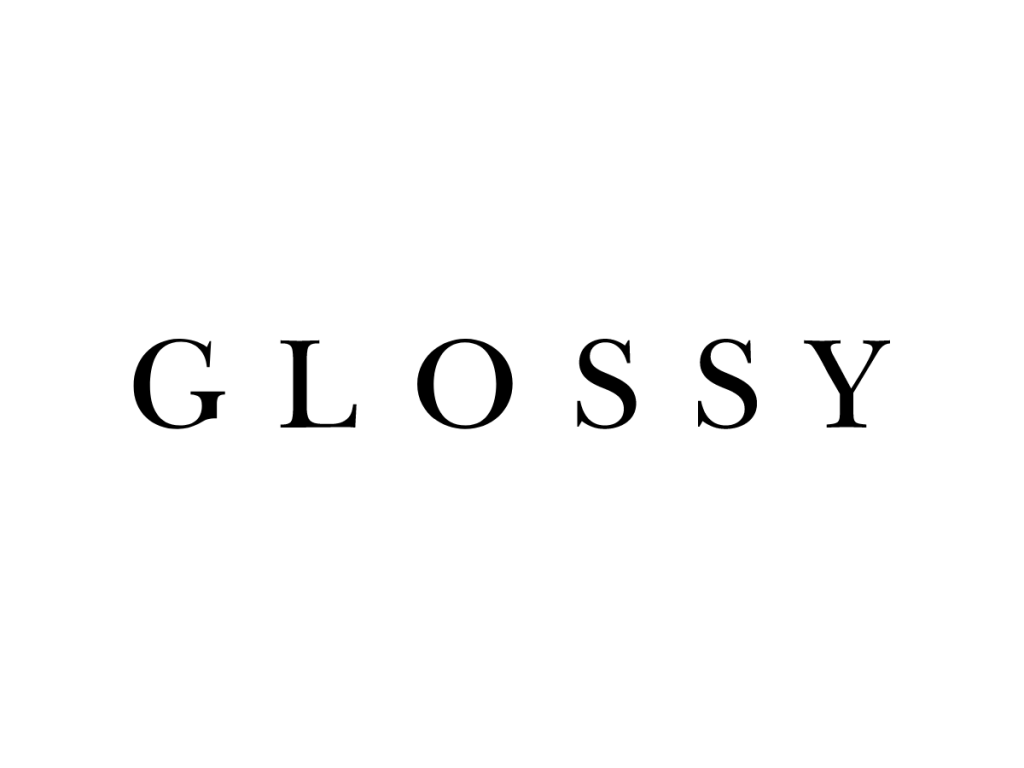So long, trade shows: DTC beauty brands tap into digital tools to reach retailers

In the winter of 2020, skin-care brand Kmoni Cosmetics scored its first national wholesale accounts — Kohl’s and Asos. The time period was at the height of the pandemic, and trade shows had been a no-go for nearly a year. But brand founder Monica Robinson was able to reach retailers online.
“Because of getting into these national accounts, my business has become attractive to other national accounts,” said Robinson. “I’m in a process of trying to scale up.” She estimates that she has seen a 20% increase in revenue since linking with national wholesale accounts.
Robinson used B2B beauty marketplace Landing International, one of several startups created to help connect indie brands with retailers sans a trade show. As retailers rush to find the next indie beauty hit, beauty brands have headed onto the platform to find new wholesale partners active on the platform such as Ulta, Nordstrom, Target, Kohl’s, Dermstore, Bloomingdale’s, C.O. Bigelow and Revolve. Launched in 2014 with a focus on featuring themed, curated lists of indie brands, the platform has since been developing tools including its Clean Beauty Pre-Check for faster ingredient vetting and its store associate training program that offers an affordable option for smaller brands.
The pandemic has sent typical trade show-goers in search of digital brand discovery options, including Landing and beauty competitor platforms such as Faire and Abound. Landing International has seen its highest growth during the pandemic, adding 125 new brands in 2020. Prospective brands do not need to be a specific size to be added, but need to have six months worth of inventory and to support basic retail marketing initiatives with mid and large retailers.
Sarah Chung, CEO of Landing International, said the number of brands increased on the platform “because there weren’t a lot of channels for them to reach new buyers.” Retailers, meanwhile, “weren’t going to trade shows. They weren’t going to market meetings. They really relied on Landing’s platform to help them curate.”
This curation is one way the platform differentiates itself from competitors. It breaks out brands according to in-demand categories, like K-beauty, J-beauty, cannabis and Black-owned brands. According to Robinson, Landing International reached out to her as part of its efforts to spotlight Black-owned brands and submitted her brand to several retailers.
Landing will launch its “Clean Beauty Pre-Check” on April 12 in response to rapidly growing demand for clean indie brands. The new program has compiled each retailer’s clean criteria into the platform, automatically indicating to brands which clean programs they qualify for and to retailers which products fit their clean standard.
“A lot of brands waste time creating retail strategies and marketing strategies around this idea of, ‘We’re going to get into Credo,’ or ‘We’re going to get into Detox Market,’ when actually their ingredient lists prohibits them from doing that,” said Chung.
Indie brands also experience pain points once they’re featured in-store. The classic model of sending a brand representative to individual stores to train associates is expensive for smaller beauty labels, which prompted Landing International to launch a new training tool on March 1.
“When you’re bringing on a smaller brand, or just a brand that is little less well-known, and they don’t have a sales team, you really need an easy way to generate training materials for your staff to sell,” said Cindy Kim, the co-founder and co-CEO of facial bar Silver Mirror, which has been using Landing’s new training tool. The tool allows each brand to upload detailed product information and training videos to the platform, and incentivizes sales associates to take the trainings for free products. “Our larger brands — like Skinceuticals — all have huge sales teams or representatives who will come and train our staff, but with the smaller beauty brands, that’s not possible.”
“A lot of the success of brands does have to do with really creating brand advocates in the sales associates,” said Chung. “It’s a huge workforce that has a lot of turnover, and brands struggle with it. [That’s] because, if you’re trying to train every employee of Ulta, you will spend literally every day of the year on the road. By the time you cover 1,300 stores, you’ve got to start all over again.”
Since its launch, Landing has seen $25 million go through its platform, with 175% annual sales growth across its brands. The platform is free for brands to join with a transaction fee when a retailer places an order. It also monetizes via a premium subscription option with an annual fee and access to additional tools. It promotes itself to brands and retailers through its in-house marketing agency, which is also used to promote brands to retailers. It also markets through media panels, press, Instagram, e-mail marketing and retailer referrals. In addition, it uses sales data to improve performance at the retail level.
But it still sees a role for trade shows; it recently partnered for the official Unfiltered trade show, which held a virtual version in the fall of 2020.
“Trade shows aren’t going to go away anytime soon, but overall, there are going to be more efficiencies around how we share data,” said Chung.
